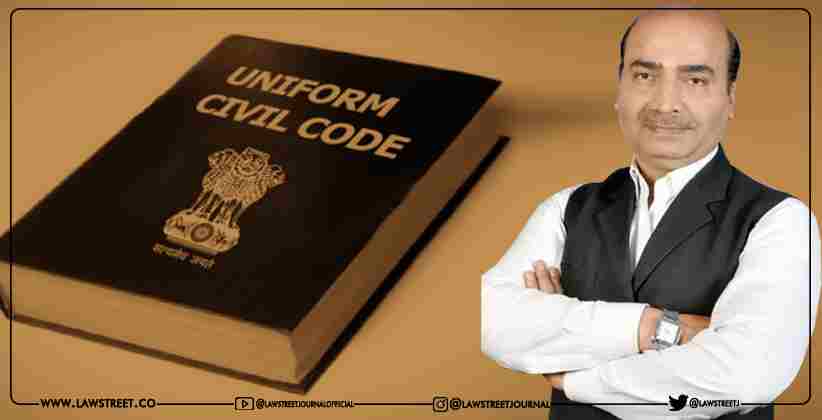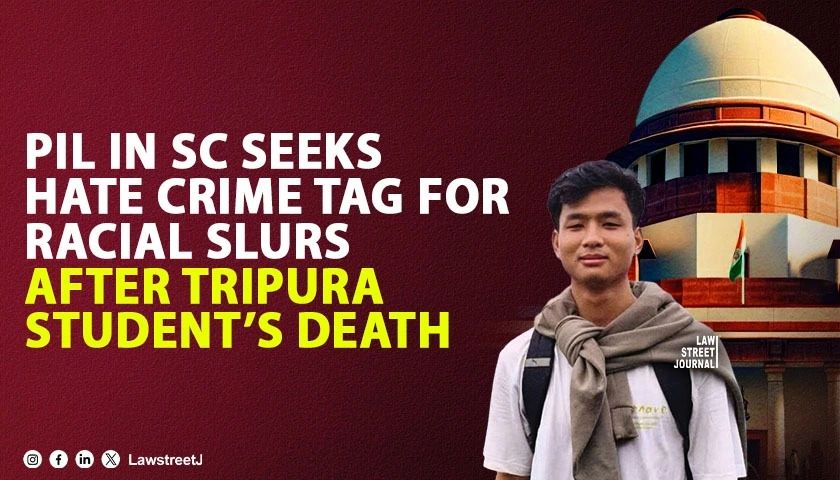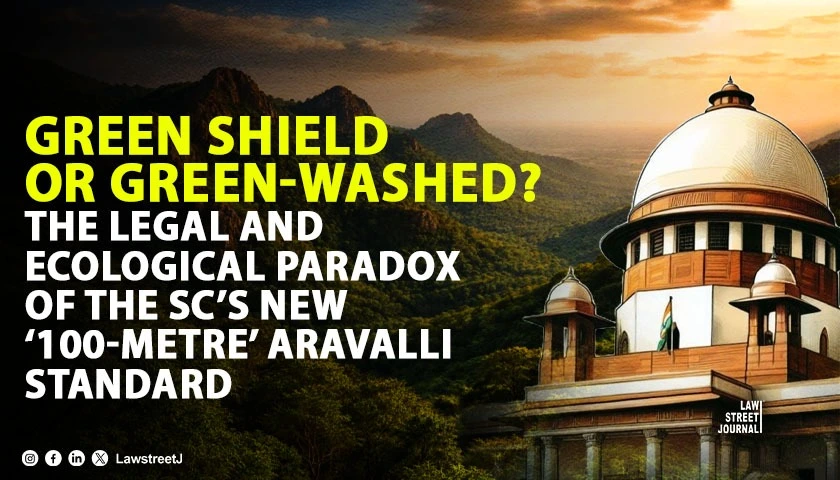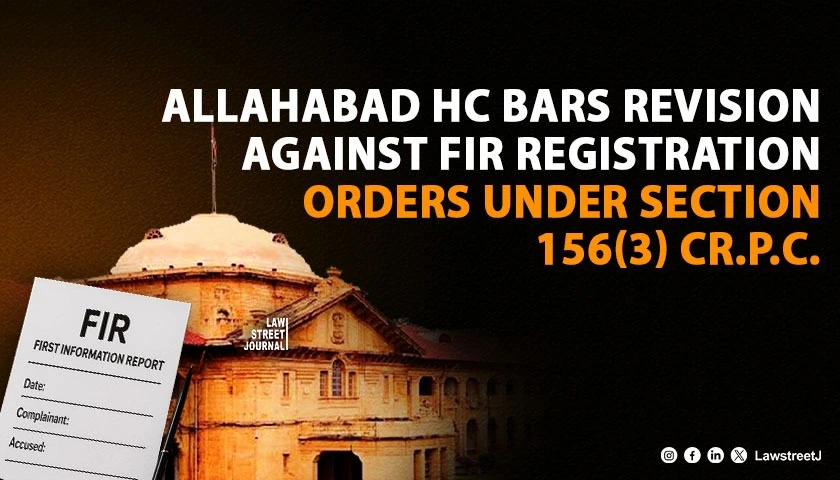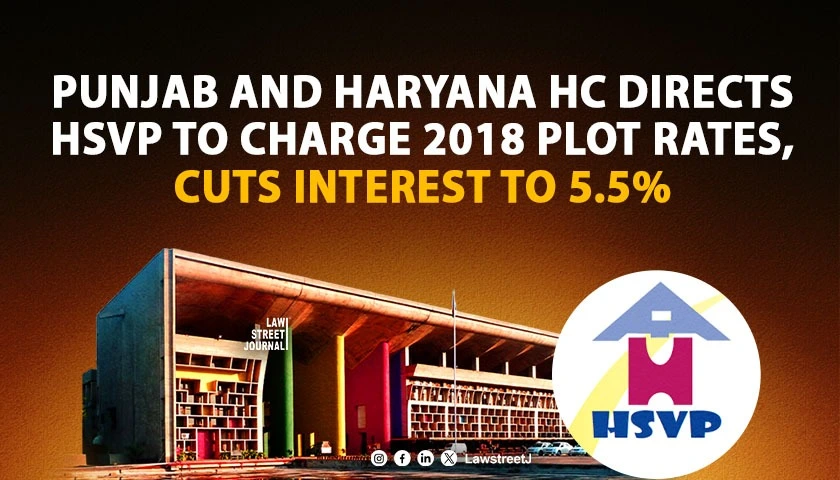It has been four decades since the Supreme Court recommended a Uniform Civil Code for the country while dealing with a controversial Muslim maintenance lawsuit famously known as the Shah Bano case. The debate on the Uniform Civil Code which keeps surfacing on and off has reignited again in an unprecedented manner after the Supreme Court issued notice to Centre on Upadhyay's PIL seeking Gender and Religion Neutral Uniform Grounds of Succession and Inheritance.
The issue has always been dear to BJP and the Sangh Parivar and very few know that it is Ashwini Upadhyay, a BJP Leader and a Supreme Court lawyer who put the wheel of Uniform Civil Code in motion.
It was Upadhyay's Public Interest Litigation in the Supreme Court in December 2015 which triggered several significant observations on the issue from a bench headed by the then Chief Justice of India, TS Thakur which the government had apparently latched on to.
Though the PIL was withdrawn, CJI Thakur told Upadhyay:
"How can a mandamus be issued on such an issue? Constitutional goal is one thing, and possibility of them being fulfilled is yet another. These are the things in the realm of the Parliament and the Supreme Courts hands are tied with respect to this particular issue. You must approach the government. It is up to the lawmakers to discuss and take a decision", the CJI said.
Upadhyay, encouraged by the SCs observations, did not waste any time and wrote a letter to the then Union Law Minister Sadananda Gowda, urging him to consult the Law Commission on the issue.
Presently, there are several people before the Supreme Court and the debate over the Uniform Civil Code has kindled again at the most appropriate time. The process begins by the Supreme Court examining practices like Triple Talaq, Polygamy, Halala, Mutah, Misyar and Genital Mutiliation which are permitted by Islamic personal laws and if they have resulted in gender discrimination within the community.
Several "affected" Muslim women are coming forward and filing petitions in the Supreme Court challenging the validity of such practices which draw their strength from Muslim personal laws.
On October 13, 2015, the Supreme Court said that the country was in a state of complete chaos due to various personal laws governing religious practices and asked the Modi government to clarify their stand on the implementation of the Uniform Civil Code.
The bench had posed the query while hearing a PIL challenging the legal provision that forces Christian couples to wait for at least two years before getting a divorce whereas other religion based acts like the Hindu Marriage Act, the Parsi Marriage and the Special Marriage Act, and Divorce Act prescribed only six months to one year.
Now the Supreme Court has issued notice to the Centre on Upadhyay's five petitions viz. PIL seeking Gender Neutral Religion Neutral Uniform Grounds of Divorce, PIL seeking Gender Neutral Religion Neutral Uniform Grounds of Maintenance and Alimony, PIL seeking Gender Neutral Religion Neutral Uniform Grounds of Adoption and Guardianship, petition seeking Gender Neutral Religion Neutral and Uniform Minimum Age of Marriage and PIL seeking Gender Neutral Religion Neutral Uniform Grounds of Succession and Inheritance.
The Supreme Court has clubbed these five petitions and will hear them together. These five petitions collectively constitute a Uniform Civil Code and the Centre has to clarify its stand very soon.

